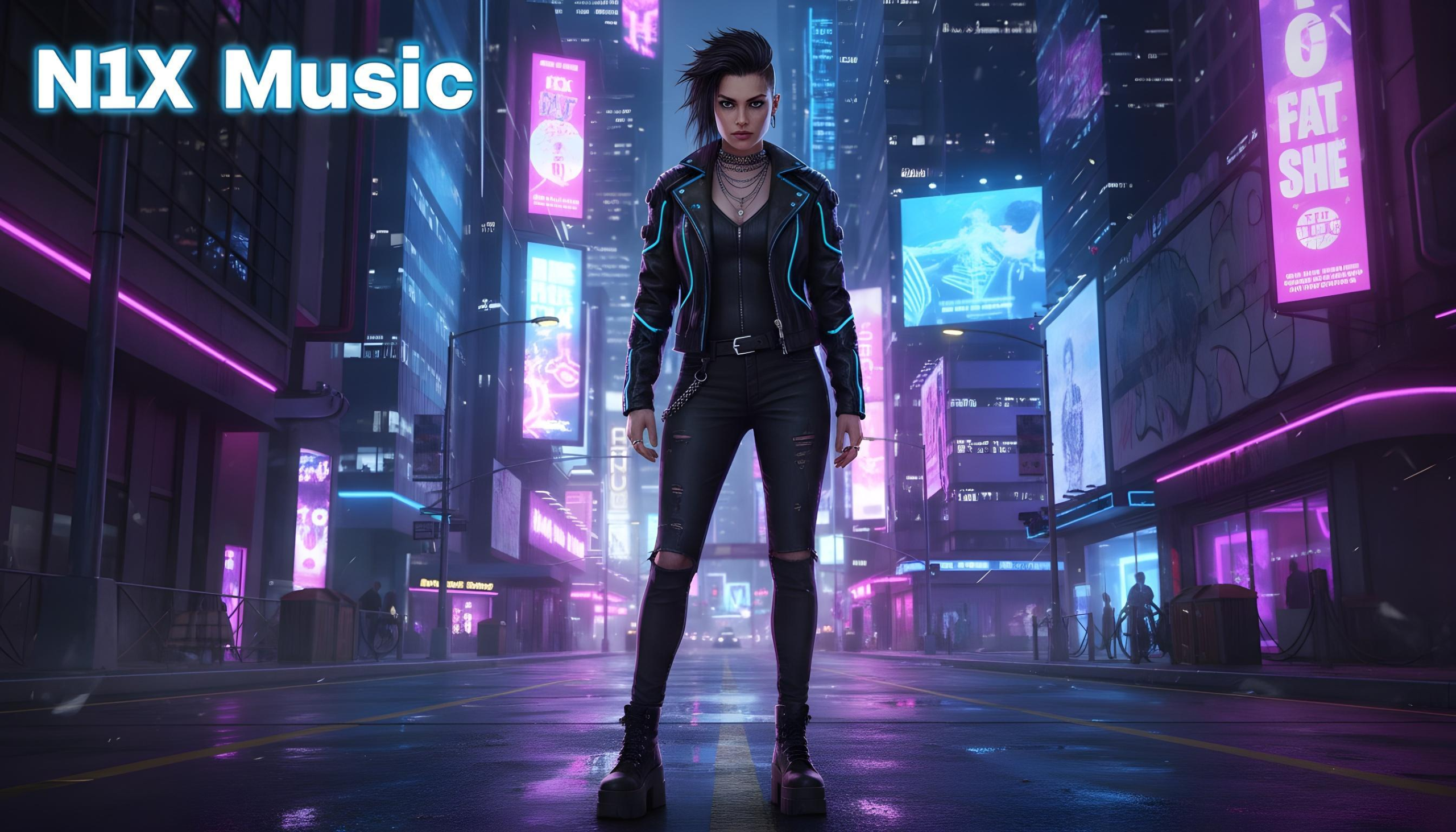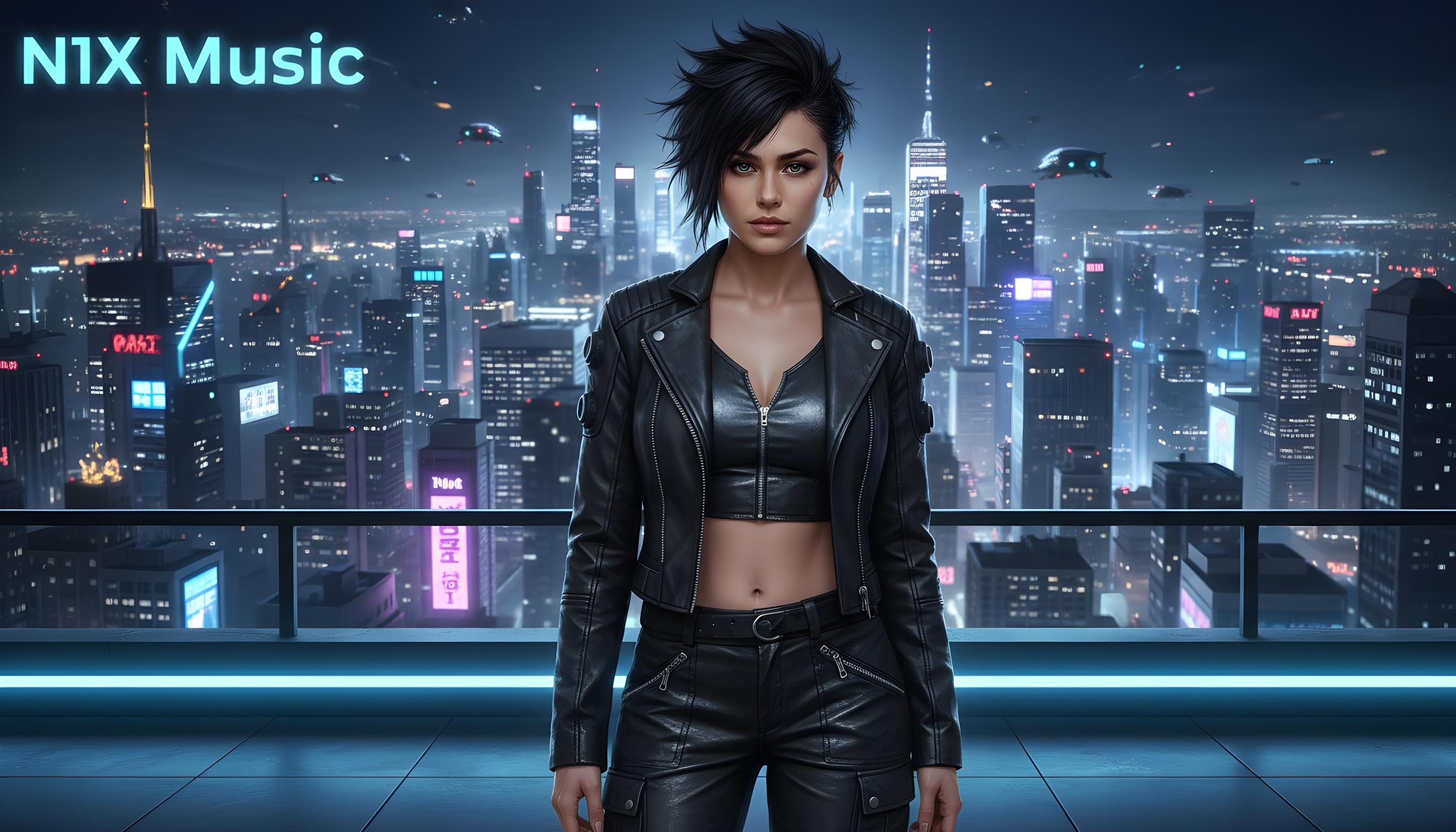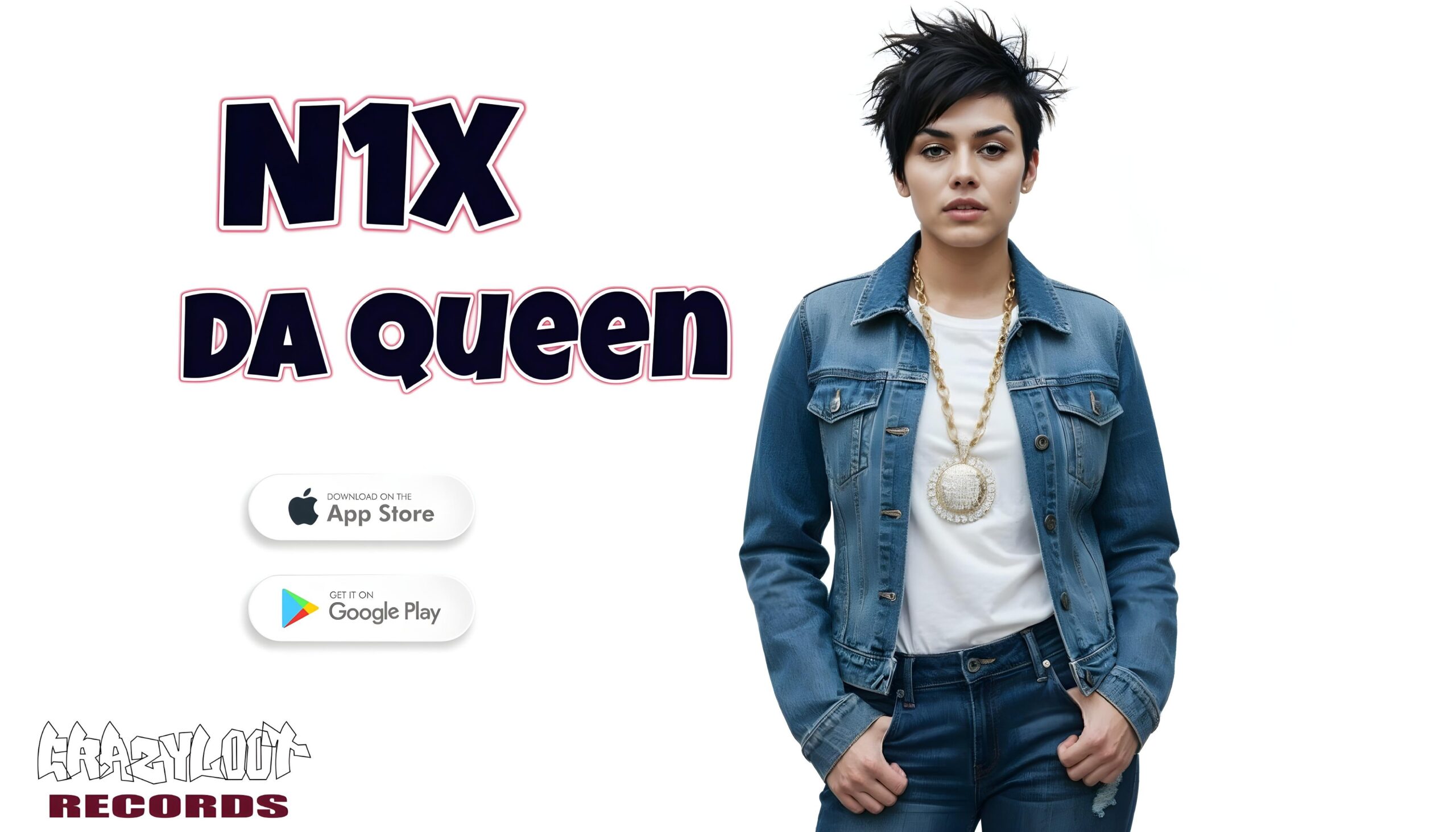
It’s not just music, it’s a movement
It’s Not Just Music, It’s a Movement: The Cultural Revolution of Sound
In an era where melodies and rhythms intertwine with social change, music transcends mere entertainment to become a powerful vehicle for expression and revolution. From the anthems of protest to the intimate ballads of resistance, sound has historically served as both a backdrop and a catalyst for moments of profound societal transformation. This article delves into the multifaceted relationship between music and activism, exploring how harmonies can ignite passions, bridge divides, and inspire collective action. Join us as we uncover the stories behind the songs that have fueled movements, sparked conversations, and united communities, reminding us that what we hear is just the beginning of a much larger narrative.

Harnessing the Power of Sound: The Cultural Impact of Music as a Catalyst for Change
The transformative nature of music has long served as a unifying force during times of societal upheaval. From the anti-war anthems of the 1960s to the contemporary protest songs echoing in today’s streets, rhythm and lyricism have become the backbone of movements advocating for change. As listeners resonate with the emotional pull of a powerful melody, they are inspired to take action, often igniting a collective consciousness that transcends individual experiences. In many cultures, music acts as the heartbeat of social movements, fostering connections between diverse groups and amplifying marginalized voices.
At the intersection of sound and activism, we witness harrowing yet hopeful narratives woven into the fabric of society. Genres like hip-hop, folk, and punk have become platforms for storytelling, addressing issues such as inequality, injustice, and environmental degradation. Consider the following elements that showcase music’s pivotal role in sparking societal dialogue:
- Empowerment: Songs that elevate the voices of the oppressed.
- Awareness: Melodies that shine a light on critical global issues.
- Mobilization: Rhythms that inspire grassroots movements and gatherings.
To further illustrate the cultural impact of music, the following table highlights notable songs and their contributions to social movements:
| Song | Artist | Movement | Year |
|---|---|---|---|
| Imagine | John Lennon | Peace | 1971 |
| Fight the Power | Public Enemy | Racial Equality | 1989 |
| This Is America | Childish Gambino | Gun Control | 2018 |
Through these examples, it becomes clear that music is not merely entertainment; it is a catalyst for change that resonates across borders and generations, urging us to confront uncomfortable truths and inspiring us to envision a better world.
Q&A
Q&A: It’s Not Just Music, It’s a Movement
Q: What does the phrase “It’s not just music, it’s a movement” really mean?
A: The phrase encapsulates the idea that music can transcend mere entertainment. It reflects collective experiences, beliefs, and emotions-serving as a catalyst for social change, cultural expression, and unity among diverse groups.
Q: How does music become a catalyst for social change?
A: Music can articulate the struggles, joys, and aspirations of a community. Movements often use songs as anthems to inspire action, evoke emotions, and forge a sense of belonging, whether it’s through protest songs or community gatherings.
Q: Can you provide examples of musical movements that have sparked change?
A: Absolutely! The Civil Rights Movement of the 1960s in the U.S. saw songs like “We Shall Overcome” unite people in their fight for justice. Similarly, genres like reggae in Jamaica voiced anti-colonial sentiments, while hip-hop has been a powerful tool for advocacy on issues like racial inequality.
Q: What role do artists play in these movements?
Meet N1X Da Queen Of A-Pop
N1X Da Queen Of A-Pop Sign up And Enter Her World Streaming Exclusive Music From N1X And Da Super Group Da Queens
Only On N1XMusic.com

A: Artists often serve as the voice of the people. Through their creativity, they can raise awareness, provoke thought, and mobilize action. Their influence can amplify stories that might otherwise go unheard, encouraging listeners to reflect and respond.
Q: Are there notable contemporary examples of music fueling movements today?
A: Yes, movements such as Black Lives Matter have utilized hip-hop and pop songs to raise awareness about systemic racism. Artists like Kendrick Lamar and Beyoncé have embedded powerful messages in their work that resonate with ongoing struggles for equality and justice.
Q: How can listeners engage with music beyond just consumption?
A: Listeners can become part of the movement by supporting artists, participating in events, and sharing messages that matter to them. Being informed about the issues behind the music can also deepen their connection and encourage action in their own communities.
Q: In what ways does music participation differ across cultures?
A: Each culture has distinct musical traditions and contexts that shape how music is used in movements. For example, the spirit of protest in folk music differs from the energizing beat of street protest chants around the world, yet both serve to express collective feelings and drive action.
Q: What can we learn from the intersection of music and movements?
A: The intersection of music and movements teaches us about resilience, solidarity, and the power of expression. It also reminds us that while music can entertain, it can also educate and inspire significant societal change-proving that artistry and activism can go hand in hand.
To Wrap It Up
As we close the curtains on this exploration of the profound intersection between music and social change, it becomes clear that our rhythmic journey is far more than mere soundwaves. It’s a vibrant tapestry woven from the threads of culture, identity, and collective yearning. Every beat resonates with a shared heartbeat; each lyric serves as a rallying cry for progress and understanding.
In reflecting on the power of music as a catalyst for change, we are reminded that it is a medium that transcends boundaries, unites diverse voices, and sparks the fires of inspiration. This movement, born out of shared experiences and aspirations, invites us to participate, to listen, and to act. So the next time you find yourself swaying to the melody of a song that stirs your soul, remember: it’s not just music; it’s a movement that calls us all to a greater purpose. Let us carry this rhythm forward, harmonizing our efforts for a brighter future.
Are you a content creator or someone with a big social media following?
Want to earn real cash promoting The Queen of A-POP?
Join the N1X Music Promoter Program — it’s as easy as:
1️⃣ Sign Up
2️⃣ Promote
3️⃣ Get Paid






No Comments